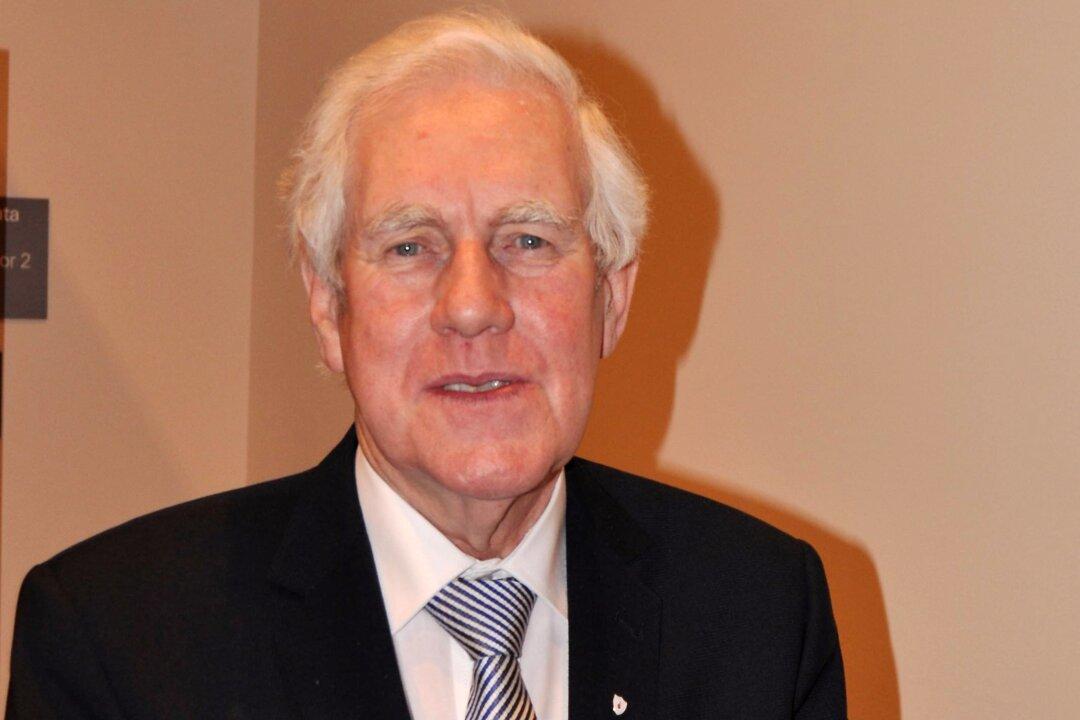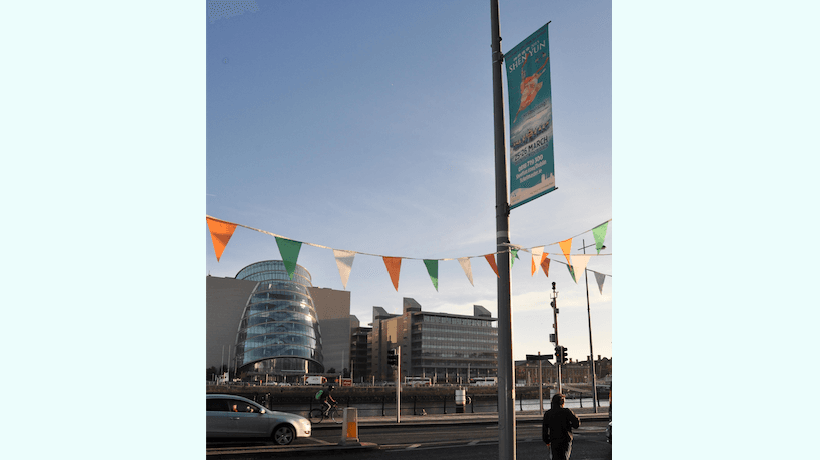Could you imagine if tomorrow you started to became withdrawn, unable to face others, incapable of making that journey to work, remaining at home in your bedroom for weeks on end, life no longer makes sense.
What impact do you imagine that would have on you, your family and the relationships you have with members of your community? It is difficult enough returning to work after an illness that you can discuss with others; however with mental health and the stigma involved in the past, that discussion never took place, well at least not while you were around. Imagine the trauma involved in returning to work or a local sports club after months or absent with a mental issue?
We can all probably remember certain individuals when we grew up who were ostracised from our communities because of mental health issues they had. We may not have known what ailment they had but we knew they were different. The finger pointing and whispering; how hard it would have been for them in their fragile state to orchestrate a return to normal community life or work by themselves.
Thankfully there is help at hand in the form of a new initiative Mental Health in the Community from University College Cork (UCC).
Brenda Healy, Programme Co-ordinator at UCC’s Centre for Adult Continuing Education explains how the course works. The certificate programme is a partnership between Mental Health Ireland (MHI) and UCC.
“For anybody working with people on the front line it’s important that they have an understanding and awareness of mental health, what it’s like to have a mental health difficulty. It was that discussion [with MHI] that kicked off the development of this certificate programme. The other side of it then is that there is contemporary new thinking in the area of mental health; the idea of co-production and recovery, which is an ethos and not a model in mental health work more so than practise. It is really putting the service user at the centre of their care, including their care plan,” explains Brenda.
There is a lot of new thinking coming on-stream with respect to peers and participants being involved in the recovery process. “We thought that this was an opportunity to get that message out there. To get into the heart of the community, one of the important parts of this whole recovery ethos is that it does in lots of ways address the whole stigma around mental health. Because it is no longer them and us; anybody can experience a mental health problem and recovery is not just clinical recovery.
When you talk about recovery you are also talking about reconnecting and reintegrating into your community and what that means for the individual. So it’s very person centred, It could mean something totally different to you and might be something different to me."
This new approach according to Brenda is bringing a whole new context to supporting people to positive mental health. “This was an opportunity through the certificate to design a four module course to deliver to people, again working in a community context; to get that message out there and to build up people’s skills and capacities so they are able to respond to people’s needs.”
As well as that aspect Brenda says they are identifying best practise models that are out there in the community, separate to the mental health services.
In Kerry they set up a peer support network. It is a partnership between Tralee mental health association branch who are affiliated with MHI. “The discussion there between the parties was, what can we do in the community to support people. There is a notion of a peer and how can they help support others recover, so a peer is really someone with lived experience of mental health difficulties and again more importantly lived experience of recovery. So what we did then was to develop an education model that we deliver in the Kerry support network.”
Initially they devised programmes to develop people’s skills and for them to be and act as a peer. “Framing that would be the concept behind that whole recovery ethos, as a result of that people were trained and they now run here in Kerry two groups,” said Brenda.
One group is for recovery support and is facilitated by peers each week. “Anybody can come in and listen to real life examples of how people can get help and recover,” said Brenda as she explained the philosophy. “It’s fairly basic but the model behind it in terms of what recovery can mean to the individual is new. I suppose in the past what you were addressing was a stigma that was assigned and embodied through the label of mental illness.
That expectation that the individual may not be capable of employment, may not be capable of proper relationships, there were certain types of ideas linked to somebody that has a diagnosis of mental illness. This new idea is that we need to support the individual; the old idea was a stereotypical view of someone with a mental health diagnosis. Let us change that idea, and how the community views them.”
As a result of their training the peer group are now facilitating recovery groups in the psychiatric unity in Kerry. “That’s a whole new development. Peers going into the psychiatric unit and welcoming people to come in the door and again through this whole recovery thinking and sharing experience etc. People are feeling there is hope, these peers represent hope.”
“They see this before they ever venture back into the community. I’m not dissing current services, they are what they are, sometimes when individuals go back into the community it’s important for them to have links. However, due to their condition, funding cutback etc. it’s difficult for them to build their community capital; it’s important for them to develop a broader sense of community networks and links so they have a broader sense of support to reintegrate into the community,” explained Brenda.
Readiness
There is a principal in the whole recovery literature called readiness, for somebody recovering from a mental distress or mental emotional problem what they might be ready for could literally be getting up in the morning and having a shower, going down to the shop and buying the paper. In their recovery that might be enough for them at that point. So how do they get from that point to how we understand what it’s like living in community life? That,according to Brenda, is what this programme is addressing.
“Peered people in the network have lived that experience, they know what it feels like not to be able to get out of bed in the morning and go to the shop to buy the paper. So it’s about finding a bridge to that person between coming out of the hospital and making that connection with community. The peers are helping facilitate this transition.”
Brenda says they are not going to tell people what to do; that’s not the way they operate. But they are going to support the person, ask them what they would like to do, ask them what they did before and what they used to like doing. What is happening with the flip side of this is that people are starting to get to know who they are.
Finally, Brenda added that the current programme in UCC has a wonderful profile of people coming from many different sectors within the community; not just peers or potential peers but also people currently working in social care, working on the front line with others. “We have only been delivering the pilot programme in UCC but we would anticipate and envisage that this programme could be available to anyone working in front line services such as Gardai or teachers.”



